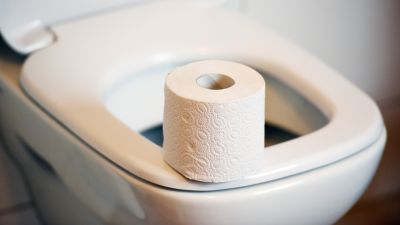Norwich Quadram Institute's pioneering poo transplants to be rolled out in C. diff superbug battle

Pioneering poo transplants could become more regular in the battle against a gut superbug.
Faecal Microbiota Transplant (FMT) is recommended by the National Institute for Clinical Excellence (NICE) in the treatment of NHS patients with recurrent Clostridioides difficile - or C. diff - infections.
It sees poo taken from a healthy donor transferred into the stomach of someone with C. diff via a tube.
The process has been pioneered by scientists and doctors at the Quadram Institute in Norwich and has involved 26 patients treated at the Norfolk and Norwich University Hospital (NNUH).
It has been effective in more than 90% of patients.
Consultant microbiologist Dr Ngozi Elumogo, of NNUH, said: "Clostridioides difficile continues to cause significant healthcare burden, consumes resources and negatively impacts [a] patient's quality of life.
"A patient from the earlier pilot is still symptom-free six years after."
There are approximately 15,000 cases of C. diff infection each year in England and recent estimates suggest it recurs in 15% to 35% of cases.
It is thought to cost the NHS £500m a year.
The Quadram Institute has been given a grant of £500,000 to build and equip a new facility which will allow the FMT treatment to be extended beyond the NNUH to other patients in the East of England and continue research into the treatment.
FMT is thought to be more effective than treating C. diff with antibiotics because the drugs can wipe out many different bacteria and not just the problematic C. diff.
Instead, FMT breaks that cycle and offers almost immediate health benefits at a significantly lower cost than a course of antibiotics.
Construction work for the new facility should take around nine months and is due to be completed later this year.
Want a quick and expert briefing on the biggest news stories? Listen to our latest podcasts to find out What You Need To Know